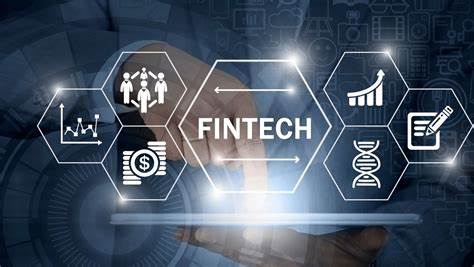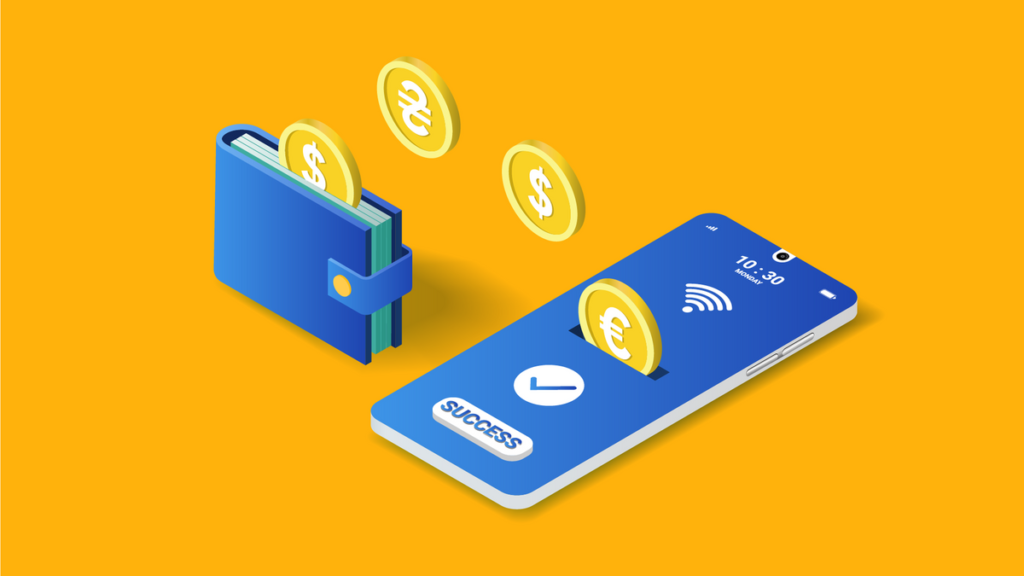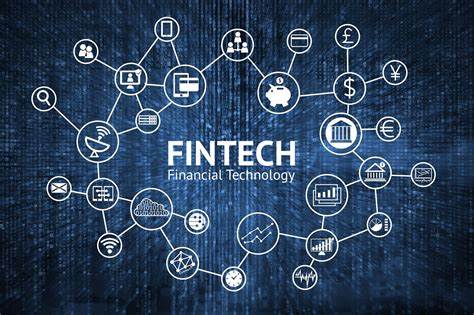7 Shocking Fintech Trends Revolutionizing Personal Finance
The world of personal finance is undergoing a dramatic transformation, driven by groundbreaking advancements in fintech. These innovations are reshaping how individuals manage their money, making financial services more accessible, efficient, and secure. Here are seven fintech trends that are revolutionizing personal finance.

1. Artificial Intelligence and Machine Learning in Personal Finance
Artificial Intelligence (AI) and Machine Learning (ML) are at the forefront of fintech trends, introducing advanced algorithms and data analysis into personal finance. AI-powered tools can now analyze a person’s spending habits, predict future expenses, and provide customized financial advice. Machine Learning algorithms continuously learn from data patterns to offer increasingly accurate predictions and recommendations.
For instance, AI-driven financial advisors analyze a user’s transaction history and financial goals to suggest budgeting strategies and investment opportunities. Fraud detection systems use ML algorithms to identify unusual spending patterns and flag potential security threats in real time, enhancing overall financial security.
2. The Rise of Robo-Advisors
Robo-advisors have democratized access to investment management, offering automated financial planning services. Platforms like Betterment and Wealthfront use advanced algorithms to manage investment portfolios based on users’ goals, risk tolerance, and time horizon. These robo-advisors are a significant fintech trend providing a cost-effective alternative to traditional financial advisors, with lower fees and minimal human intervention.
Robo-advisors also offer features like automatic rebalancing and tax-loss harvesting, ensuring that investment portfolios align with users’ objectives and market conditions. By automating these processes, robo-advisors make sophisticated investment strategies accessible to a broader audience.
3. Blockchain and Cryptocurrencies: A Game Changer
Blockchain technology and cryptocurrencies are at the cutting edge of fintech trends, revolutionizing personal finance by introducing decentralized, secure, and transparent financial systems. Cryptocurrencies like Bitcoin and Ethereum offer new ways to store and transfer value, with the added benefits of lower transaction fees and enhanced privacy.
Blockchain’s impact extends beyond digital currencies. It enables secure and transparent transactions through smart contracts, which automatically execute contract terms when predefined conditions are met. This technology is also used for secure cross-border payments, reducing the time and cost associated with international transactions.
4. Mobile Banking and Payment Apps Revolutionizing Transactions
Mobile banking and payment apps have transformed how people interact with their finances. Applications like Venmo, Zelle, and Revolut provide users with real-time money transfers, bill payments, and account management from their smartphones. These apps simplify financial transactions and offer features like expense tracking, budgeting tools, and financial insights.
Mobile banking apps also integrate with other fintech services, such as investment platforms and digital wallets, creating a seamless financial ecosystem. This connectivity allows users to manage all aspects of their finances from a single platform, enhancing convenience and efficiency.
5. The Surge of Buy Now, Pay Later (BNPL) Services
Buy Now, Pay Later (BNPL) services are changing how consumers approach credit and financing. Platforms like Afterpay, Klarna, and Affirm allow users to split purchases into manageable installments, often with no interest or hidden fees. This flexible payment option helps users manage their cash flow and avoid accumulating high-interest debt.
BNPL services provide a straightforward and transparent alternative to traditional credit cards, with clear repayment schedules and no compounding interest. By offering these flexible payment options, BNPL services are making credit more accessible and manageable for consumers.
6. The Impact of Digital Wallets on Payments
Digital wallets, such as Apple Pay, Google Wallet, and Samsung Pay, are revolutionizing payments with their secure and convenient features. Digital wallets store payment information on mobile devices, enabling contactless transactions in stores and online. These wallets use encryption and biometric authentication to protect sensitive financial data, reducing the risk of fraud and theft.
Additionally, digital wallets often integrate with loyalty programs and offer personalized deals and discounts, enhancing the overall shopping experience. By streamlining payments and providing added security, digital wallets are becoming an essential tool for modern financial management.

7. Open Banking and Its Benefits
Open banking represents a significant shift in how financial data is shared and accessed. This regulatory initiative requires banks to share customer data with authorized third-party providers through secure Application Programming Interfaces (APIs). Open banking enables consumers to access a wider range of financial products and services, such as budgeting apps, investment platforms, and loan comparison tools.
By fostering competition and innovation, open banking improves the quality and affordability of financial services. Consumers benefit from personalized recommendations, better financial management tools, and greater control over their financial data. Open banking also encourages banks to enhance their digital offerings, creating a more dynamic and responsive financial ecosystem.
Conclusion
The rapid advancements in fintech trends are reshaping the personal finance landscape, offering new opportunities for managing money more effectively and securely. From AI and robo-advisors to blockchain and open banking, these innovations are transforming how individuals interact with their finances.
As fintech continues to evolve, these trends will drive even greater changes in personal finance, making financial management more accessible, efficient, and personalized. Embracing these technologies can lead to smarter financial decisions, improved financial health, and a more secure financial future. Staying informed about these trends will help individuals navigate the evolving financial landscape and make the most of the tools available to them.

